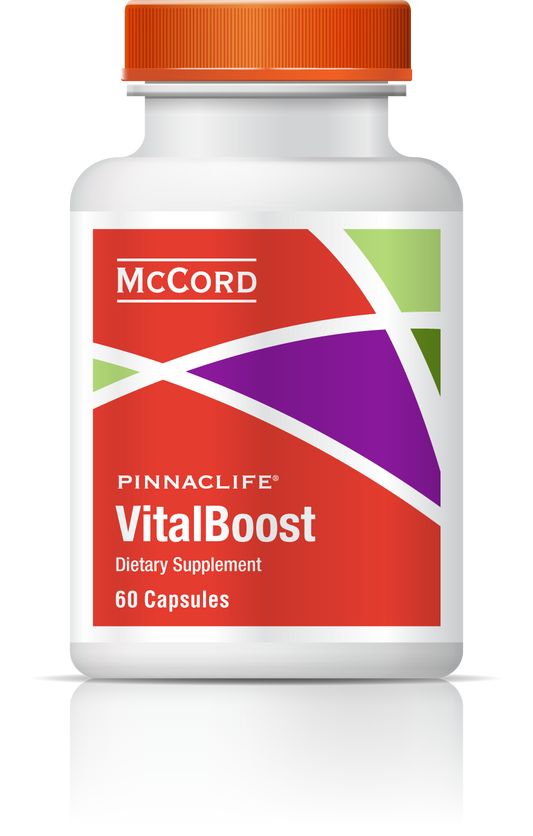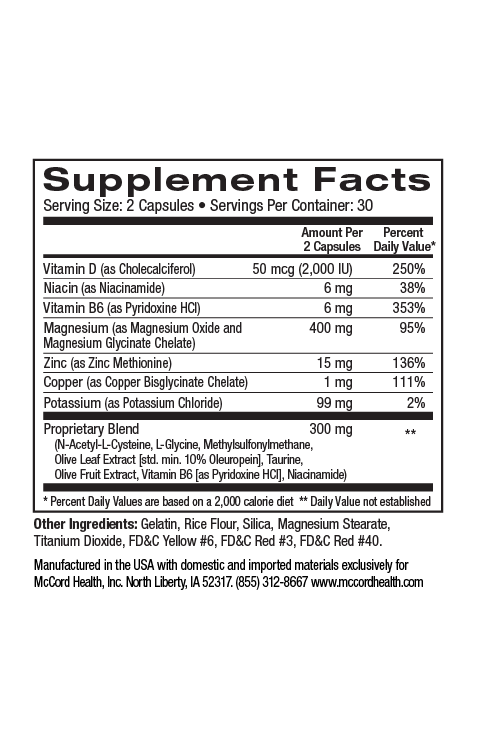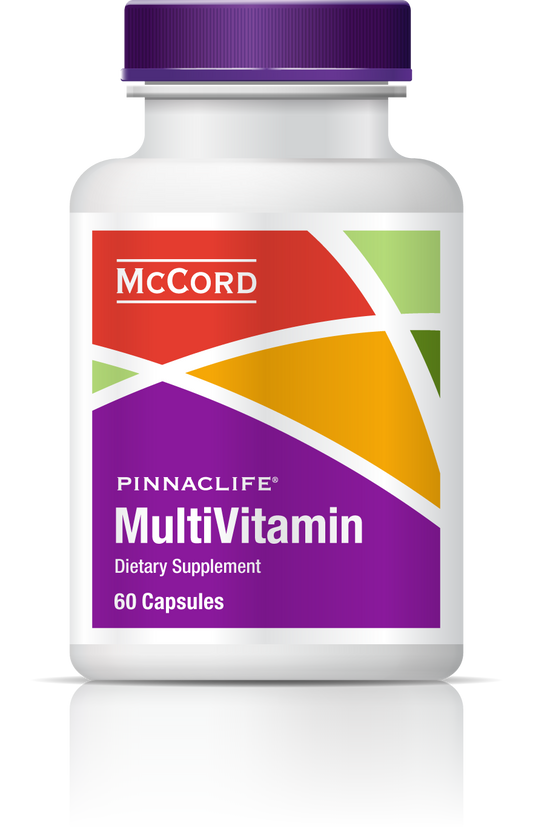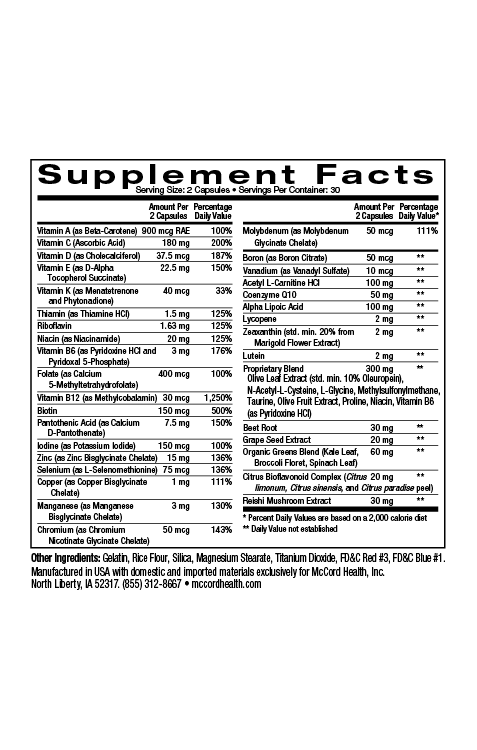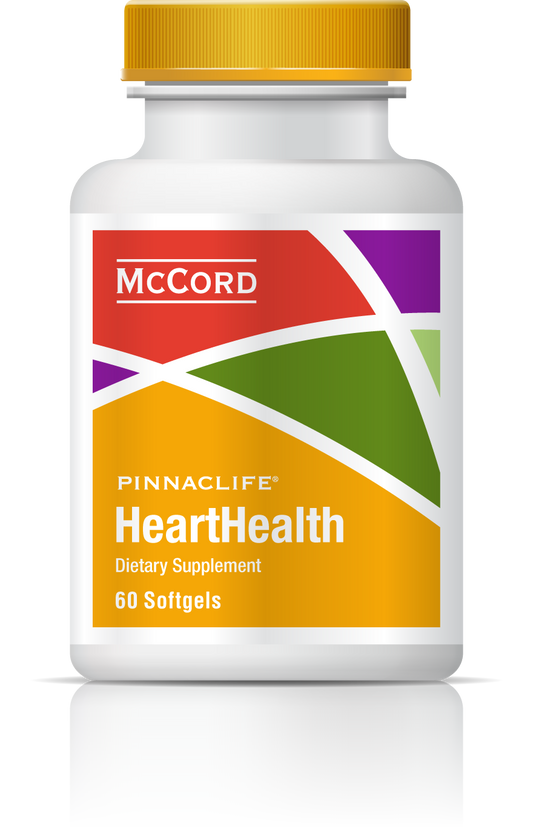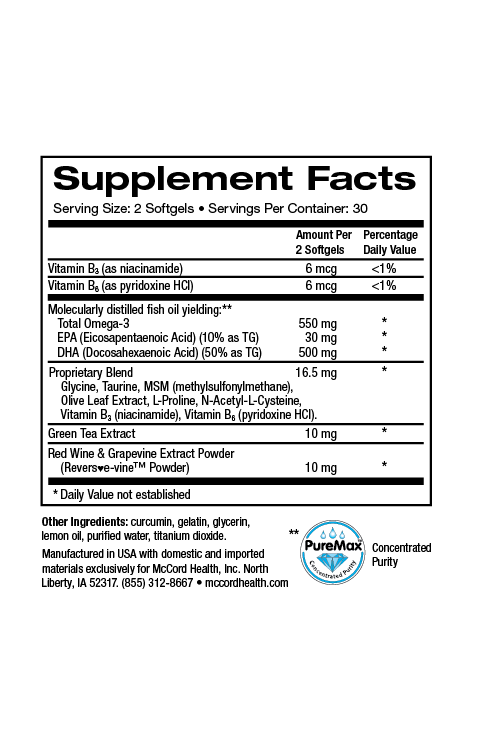Welcome to your ultimate guide on supplements with McCord Health! In this FAQ, we’ll address all your burning questions about supplements and how they can enhance your journey to better health. Get ready to delve into the basics, benefits, and best practices of supplementation. Whether you’re just starting out or looking to optimize your regimen, this guide is designed to be simple, engaging, and easy to understand.
What are Supplements and Why Do You Need Them?
Supplements are products designed to augment your daily intake of nutrients, including vitamins, minerals, herbs, and other beneficial compounds. We’ll discuss their importance and how they can help fill nutritional gaps in your diet.
Even people eating a healthy diet frequently come up short on many nutrients. National surveys indicate fewer than 3% of people eat enough fiber every day. This is why supplements can play a crucial role in maintaining overall health. They act as a form of dietary insurance, ensuring that nutrient gaps in your diet are adequately filled.
The nutrient content of most fruits and vegetables has been on the decline over the past 40 – 50 years. This is another reason why it’s important to consider supplementation. Some nutrients, like hydroxytyrosol and oleuropein found in olives, are difficult to get from diet alone. Supplements provide concentrated doses of these beneficial compounds, aiding in maintaining health.
For more nuanced questions regarding supplements, you can visit our FAQ page.
How to Choose the Right Supplement
Selecting the right supplement can be overwhelming. We’ll walk you through the criteria to consider, such as ingredient quality, scientific backing, and match to your personal health needs.
Quality is paramount when selecting supplements. Ensure that the supplements you choose are from reputable sources and are backed by scientific research. McCord Health prides itself on using high-quality ingredients that are rigorously tested for purity and potency.
It’s also essential to consider your specific health goals. Supplements like curcumin are not absorbed well from food sources, so choosing a soluble form in supplement capsules could be more beneficial FAQ.
Lastly, always consult with a healthcare provider to tailor your supplement choices to your unique health needs.
Common Supplements and Their Benefits
From multivitamins to fish oils, probiotics to antioxidants, discover the most popular supplements and their specific health benefits. We’ll help you determine which ones might be right for you.
Multivitamins are a great way to cover your basic nutritional needs, providing a broad spectrum of essential vitamins and minerals. Fish oils, rich in Omega-3 fatty acids, aid in heart health and cognitive function.
Probiotics help maintain gut health by balancing the levels of good bacteria in your intestines. Antioxidants, like those found in olives, offer protection against cellular damage and support overall immune health.
For more detailed information, please refer to our FAQ page.
When and How to Take Your Supplements
Timing and method of dosage can greatly influence the effectiveness of supplements. Learn the best practices for consuming them to ensure maximum absorption and benefit.
Consider that your body normally gets vitamins, minerals, and other nutrients when you eat a meal. Therefore, it’s best to take nutritional supplements with meals to boost their absorption. Some supplements, like multivitamins, are best taken with breakfast or lunch to help you feel energized throughout the day.
Supplements meant for specific times of the day, such as SleepHealth intended for bedtime, should be taken accordingly. Avoid taking them with a large meal before bed to prevent heartburn or indigestion.
Remember to consult our McCord Health FAQ page for more insights on proper supplement usage.
Potential Side Effects and Interactions
While supplements can be beneficial, it’s crucial to be aware of possible side effects and interactions with other medications. We’ll cover what you need to know to stay safe.
Certain foods and supplements can interact with prescription medications. For example, while Olivamine supplements contain naturally occurring nutrients, it’s still important to consult with your healthcare provider to avoid potential interactions.
If you ever feel the need to adjust your dosage beyond the recommended amount, consult with your healthcare provider to evaluate your individual situation and provide guidance.
Wrapping Up Your Supplement Journey
We hope this guide has answered all your pressing questions about supplements and helped you understand their role in achieving better health. Remember, it’s always important to consult with a healthcare provider before starting any new supplement regimen. By staying informed and making thoughtful choices, you can leverage the power of supplements to support your health and well-being. Happy supplementing!


